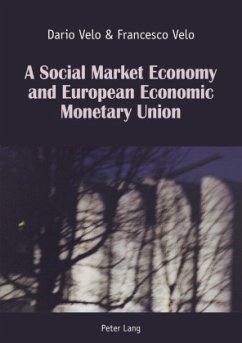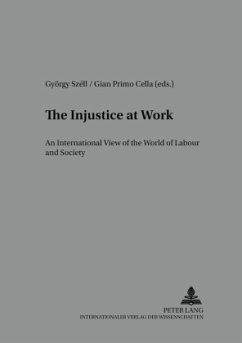
Disruptive Orders
Riots as a way of speaking and socio-political change in the Bahamas
Versandkostenfrei!
Erscheint vorauss. 20. April 2026
19,99 €
inkl. MwSt.

PAYBACK Punkte
10 °P sammeln!
Are riots more than just breakdowns of order? Are rioters just violently and chaotically disrupting the status quo or are they individuals acting together in a surprisingly orderly manner? In Disruptive Orders, Nona Martin Storr and Virgil Henry Storr argue that riots are rule-governed, self-generating, emergent phenomena. Viewing riots as what they call tensive emergent orders offers a grammar for discussing riots that foregrounds the motivations and actions of individual rioters, the tacit rules that rioters follow, and the socio-political causes and consequences of riots . Applying this gra...
Are riots more than just breakdowns of order? Are rioters just violently and chaotically disrupting the status quo or are they individuals acting together in a surprisingly orderly manner? In Disruptive Orders, Nona Martin Storr and Virgil Henry Storr argue that riots are rule-governed, self-generating, emergent phenomena. Viewing riots as what they call tensive emergent orders offers a grammar for discussing riots that foregrounds the motivations and actions of individual rioters, the tacit rules that rioters follow, and the socio-political causes and consequences of riots . Applying this grammar to the 1942 riot that occurred in the Bahamas, Storr and Storr demonstrate how the 1942 riot was not just a momentary outburst but a watershed event in the country s history, ushering in far-reaching socio-political changes. As we move into an era of frequent extreme protests, Disruptive Orders urges us to rethink why the threatened and marginalized sometimes speak through riots and gives us a framework to assess the impact of their speaking in this way.












